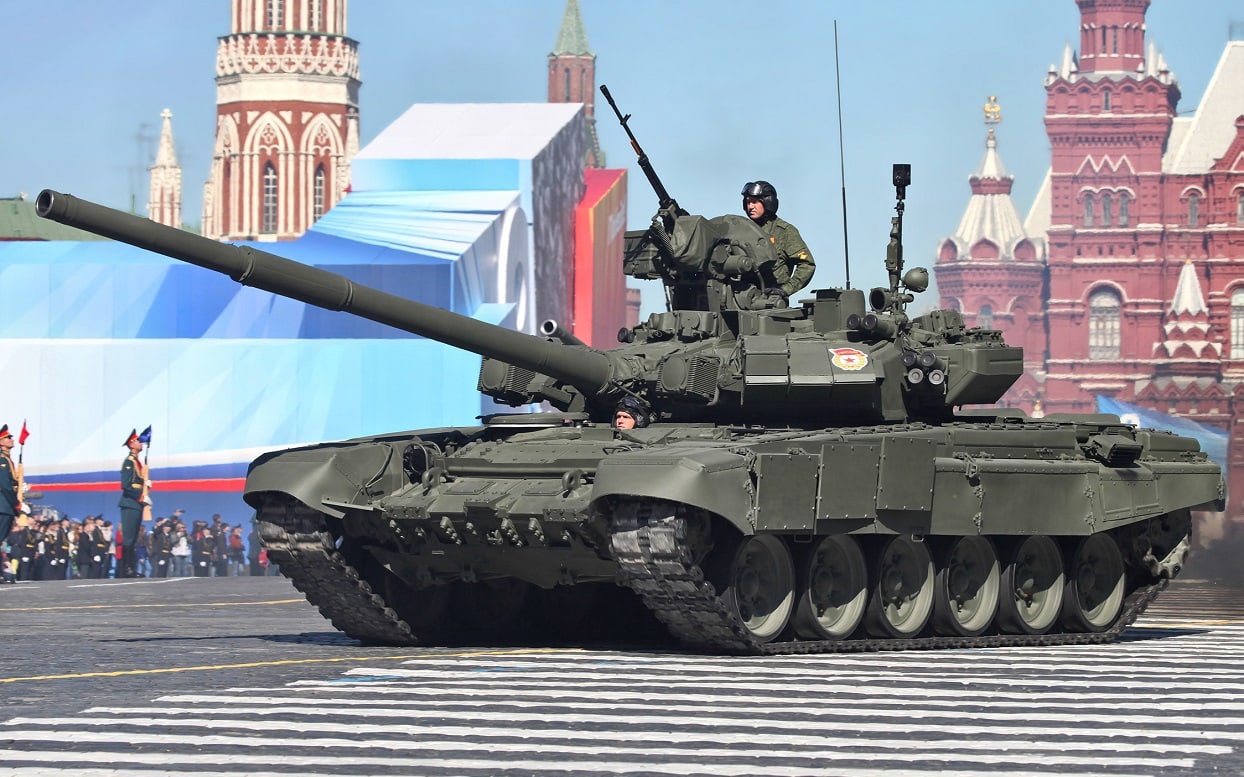In February of 2014, Russian troops along with pro-Russian paramilitaries seized control of the Crimean Peninsula. Arguably the first of Russia’s aggressions towards Ukraine, at the time the move was seen as an extraordinary breach of sovereignty.
The interim Ukrainian government was still reeling in the aftermath of the Euromaidan Protests and the Revolution of Dignity as well as the Russian-backed secessionists in Donetsk and Luhansk; in the face of this instability and not wanting to risk a wider war with Russia ultimately had to let the peninsula go. Ukraine has not forgotten this original annexation however, and as its war with Russia drags on, members of the Ukrainian government have begun calling in no uncertain terms for the restoration of Ukraine’s full sovereignty – including Crimea. Despite the unexpected and impressive successes of the Ukrainian armed forces, retaking Crimea would be no mean feat.
Political Will
In the opening months of the war, Ukrainian President Zelenskyy initially seemed open to negotiation on Crimea in exchange for a broader Russian withdrawal and ending the war. This position was backed by many of Ukraine’s Western allies who saw a cessation of conflict as the primary goal. As the Ukrainian military has waged successful counter offensives, the winds have begun to shift. Ukrainian policy makers, no longer concerned about a complete collapse of their military, are prepared to call for the restoration of Ukraine.
In January, President Zelenskyy proclaimed that “Crimea is our land, our territory,” and Western backers have begun to come around as well with officials in the Biden administration stating that Crimea is not off the table and the U.S. is not dictating goals to Ukraine. These shifts are crucial as Ukraine would need the full support of the West to retake the peninsula.
A Hardened Spit
The geography of the Crimean peninsula makes it uniquely suited to defense. It is connected to mainland Ukraine via only a small solid land bridge, the rest of the border is an area known as the Syvash, or Rotten Sea; this region is marked by shallow, swampy lagoons one to three feet deep.
Silty bottoms make the terrain particularly treacherous. All this means that a military assault would most likely involve a combined air, sea, and land assault. The logistics of an amphibious assault combined with the fact that Russia has spent the past eight years fortifying the peninsula makes this a risky proposition.
Ally Assist
As Ukraine has contemplated retaking Crimea, calls have grown for the U.S. to provide Army Tactical Missile Systems (ATACMS). These missiles, when launched from HIMARS which the U.S. has already provided, have a range of nearly 200 miles which would allow Ukraine to strike positions in Crimea from relative safety behind their own lines.
In addition, ATACMS would be a great asset for Ukraine to push East towards Melitopol, cutting off the Russian land bridge to Crimea.
Were the Ukrainians able to do this, Russia would have to rely on the Kerch Strait Bridge – which Ukraine has already proven capable of attacking – or air drops to resupply troops on Crimea. This could lead to a sort of modern siege and allow Ukraine to retake Crimea without a potentially costly invasion.
As the Ukrainian War enters its second year, analysts are watching closely to see if Ukraine can maintain its momentum from the end of 2022. Should it be able to, it’s not at all out of the question that they may be able to finally reclaim Crimea nearly a decade after its annexation.
Maya Carlin, a Senior Editor for 19FortyFive, is an analyst with the Center for Security Policy and a former Anna Sobol Levy Fellow at IDC Herzliya in Israel. She has by-lines in many publications, including The National Interest, Jerusalem Post, and Times of Israel. You can follow her on Twitter: @MayaCarlin.

